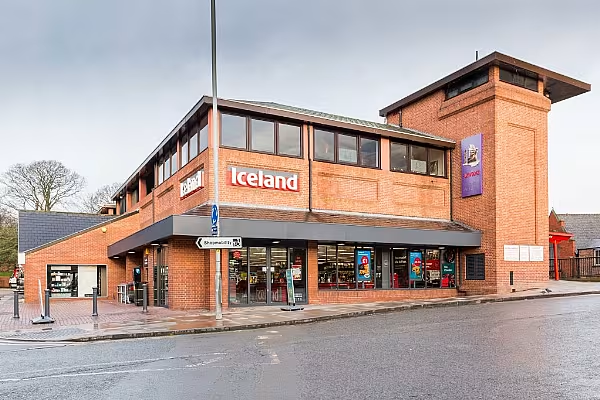The holding company of UK-based frozen-food retailer Iceland Foods has posted a 2.0% increase in like-for-like sales for the 52-week period to 24 March 2017.
The group said that overall sales were up 4.4%, to £2.79 billion, and that like-for-like sales improved over the course of the year: fourth-quarter like-for-likes were 4.9% higher than those last recorded.
It intends to invest capital expenditure of £66.9 million into the business this year, up from £63.5 million the previous year.
Among the initiatives and investments made by Iceland in 2016/17 were the strengthening of its management team, the installation of its new product-development kitchen, and the upping of its ‘Power of Frozen’ marketing campaign.
Strategic Initiatives
“The set of strategic initiatives we began in 2015, with the aim of differentiating Iceland, changing consumer perceptions and so restoring growth to our business, bore fruit in the year under review,” said Malcolm Walker, Iceland's chief executive.
“Like-for-like sales performance improved throughout the year to make us one of the UK’s fastest-growing food retailers by year end. We increased the pace and enhanced the quality of our new-product development, reflected in the multiple product awards we won during the year.”
Walker added that the group also invested in its value credentials during the period, saying, “Through a programme of outstanding value deals, [we] made our stores more relevant and accessible to customers by extending and standardising their opening hours, and continued to open profitable new stores under both the Food Warehouse and Iceland fascias.”
Over the coming year, Iceland plans to roll out its new-format stores across the UK, as well as opening as many as nine new stores in the Republic of Ireland, as well as 25 Food Warehouse outlets.
Significant Opportunity
Commenting on its performance, Tom Berry, a retail analyst at GlobalData, said, "With UK food and grocery inflation expected to reach 2.3% in 2017, there is a significant market for Iceland to attract consumers [who are] more open to trading down. Investment into luxury and speciality ranges will be integral to continued growth, and these will be facilitated by the recent opening of a £2 million development kitchen at its Deeside headquarters.
"Iceland also has significantly higher operating margins (5.7%, up 0.1 ppts) than the Big Four, so while it does not have their buying scale, it does have room to swallow increased supplier costs."
© 2017 European Supermarket Magazine – your source for the latest retail news. Article by Stephen Wynne-Jones. Click subscribe to sign up to ESM: The European Supermarket Magazine.













